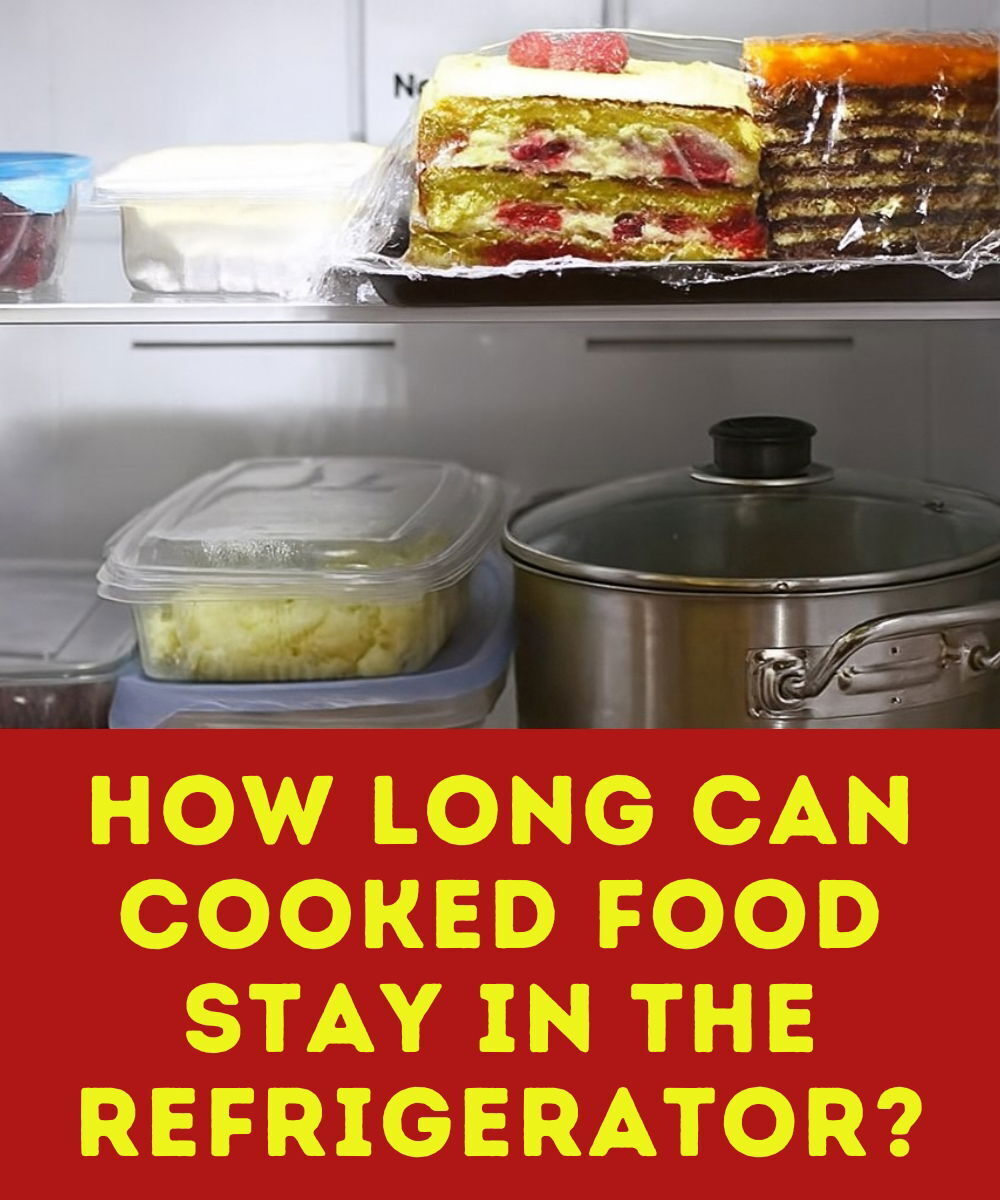Let food cool before refrigerating
Allow it to cool to room temperature within two hours of cooking to avoid raising the fridge temperature.
Use airtight containers
This prevents odors from spreading and protects food from drying out or cross-contamination.
Label everything
Add the date when you cooked or stored it to easily track freshness.
Organize smartly
Store cooked food on upper shelves, away from raw meat and seafood to prevent drips or bacteria transfer.
Reheat just once
Only warm what you’ll eat. Reheating multiple times lowers food quality and safety. Heat to at least 70°C.
🧠 Extra Tips to Maximize Shelf Life and Minimize Waste
🥶 Freeze leftovers you won’t eat within 3 days—most cooked foods freeze well for up to 3 months.
🚫 Don’t mix old and new—use a fresh container for each batch of food.
👃 Trust your senses—if food smells strange, shows signs of mold, or looks off, toss it—no taste test needed.
🌡️ Keep your fridge between 1°C and 5°C to keep bacteria at bay and food safe.
🥄 Final Thought
Smart food storage doesn’t just protect your health—it helps you stretch your groceries further and keeps your fridge organized. Leftovers can be delicious, but only if they’re fresh, safe, and well-managed.
ADVERTISEMENT

